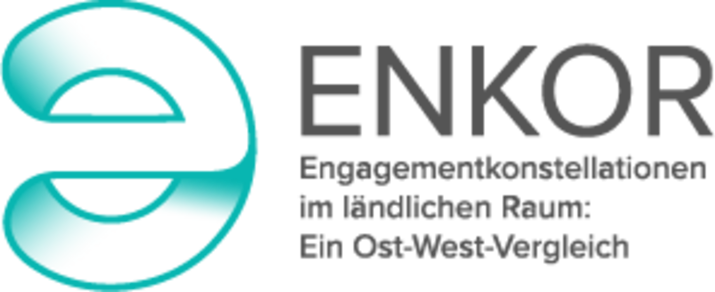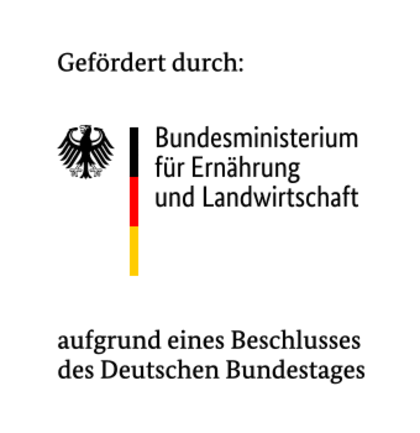In addition to the Zittau/Görlitz University of Applied Sciences (TRAWOS Institute, headed by Prof. Dr. Raj Kollmorgen), the Georg August University of Göttingen headed by Prof. Dr. Claudia Neu, lead partner) and the Thünen Institute for Regional Development Bollewick (headed by Andreas Willisch) are involved in the project.

In a comparative perspective, voluntary engagement is examined in nine rural communities in East and West Germany with regard to its manifestations, actors and contextual conditions over time.
The use of the citizen science method "land inventory" in combination with the parallel community studies is intended to generate an in-depth picture of current rural engagement and its typical (change) constellations.
In local engagement workshops, opportunities and challenges for civil society activities will be discussed with citizens in a participatory manner and political recommendations for action to support and promote rural engagement will be developed.
The joint project, which will run from 2021-2024, is funded by the German Federal Ministry of Food and Agriculture (BMEL) with a total of almost 1 million euros.

Sarah Lampe - Scientific Assistant
Philipp Bruckmann - Scientific Assistant